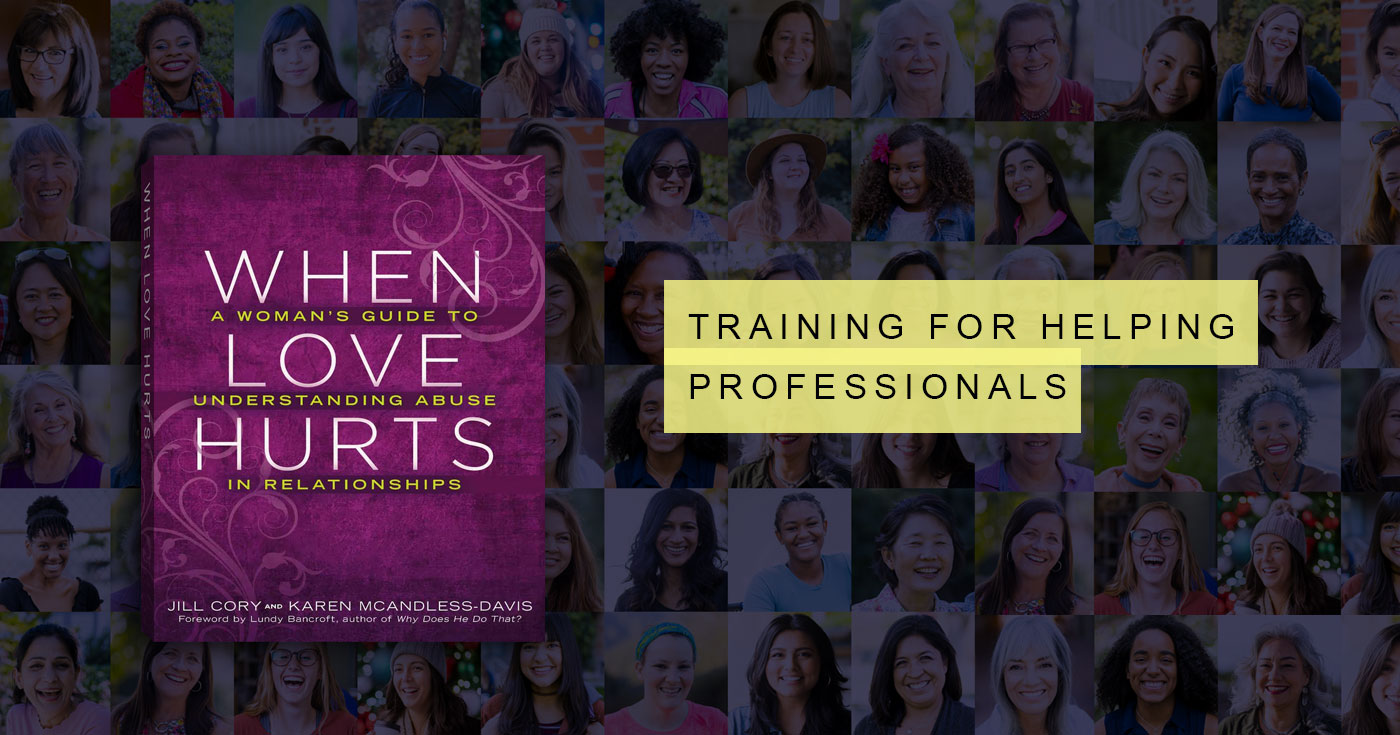Women who are victims of rape often tell no one
Often, when a woman is a victim of rape, she will tell no one about her experience. A combination of shock, embarrassment and fear of judgment cause many women to remain silent. Even fewer women will report the assault to police. In the United States only 5% of women who are raped, by someone known to them, will report the attack to police. Women are most often raped by husbands, former husbands, boyfriends, family members or acquaintances. Even when women courageously do report to the police, most of the time, the man faces no consequences. Only 1% of rapists receive a criminal record for their crime (Harvard Medical School, 1992)
If you have experienced rape, I encourage you to find a safe person to talk to. Women’s Centres or Rape Crisis Lines are often helpful. Or you might choose to talk to a counselor or a good friend. What you have experienced is beyond words and so it will be hard to talk about but you deserve as much good support as you can get. If the first person you tell is unhelpful, that is due to their ignorance. As hard as it is to trust people right now, try to find someone you can trust with this experience.



Announcing When Love Hurts, the podcast, with Jill Cory and Karen McAndless-Davis
What if everything you thought you knew about abuse wasn’t quite right? What do you…
“I wish I had known sooner”: thoughts on our upcoming podcast
The When Love Hurts podcast will be for anyone who wants to know more about…
A mother’s journey of “letting go” on her own terms
Carolyn A. Rogers, MAPPL, reflects on what it means to “let go,” on her own…
Announcing When Love Hurts, the podcast, hosted by Alison Epp and Jo Neill
Is this thing on?
When Love Hurts reflections, news and resources
Reflections from a four-decade journey working toward a safer and more respectful world for women…
The destruction of parental alienation accusations: one woman’s story
When asked to write an article on the impacts parental alienation accusations had on me…
A framework of healing from coercive control and abuse
This descriptive framework is a collection of signs, feelings, actions, attitudes, and more, that indicate…
Women’s experiences of counsellors
Over the years, we have heard stories from women of counsellors who offered advice that…